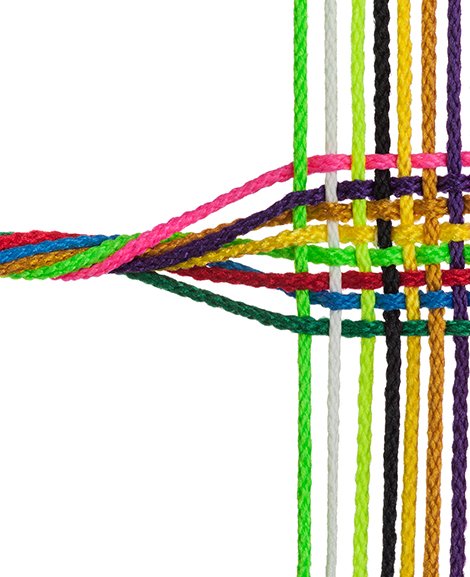Our Consultation Group
The Program is enriched with the experience and expertise of seven outstanding actors from the field of reducing inequalities. As part of our Consultation Group they share with us their advice and ideas to offer a strong and valuable learning experience for the program partners. Part of the Consultation Group engaged in the selection of the final cohort in an insightful, thorough and independent jury process. For the program it was important to have a diverse range of expertise and perspectives, which was intended to facilitate a more comprehensive, sound, critical and objective assessment of the proposals.
Crystal Simeoni
Director at Nawi - Afrifem Macroeconomics Collective
“Inequalities are rooted in complex system breakdowns held up by exclusion, discrimination and violence. Using an intersectional approach means putting power at the center of analyzing inequality - knowing that different intersecting identities are a central issue.”
Crystal has 10 years’ experience working on macro level inequalities. Currently, she works on women’s rights and macro level economic policy at regional and global policy spaces, aiming to convey a pan-African perspective. She champions for women at all levels to be able to influence macroeconomic policy decision making and therefore giving balance of power within these platforms and processes.
Emma Lovell
Research Fellow, Global Risks and Resilience Programme, ODI
“Intersectionality helps us better understand how different factors and identities intersect and influence people’s needs, experiences, capacities, social practices and power relationships over time. This is important to address systemic inequalities and to build more inclusive and equitable policies/programmes.”
Emma has over 10 years’ experience working at the interface of gender equality, social inclusion, climate change, disaster risk management, resilience and sustainable development. She leads the strategy on equity and social inclusion in multi-hazard contexts. Her work focuses on understanding intersecting inequalities and building intersectional approaches to vulnerability reduction and resilience-building. Before ODI, Emma worked in various contexts in the Asia-Pacific region, including with the UN and Red Cross.
Jenny Ricks
Global Convenor of the Fight Inequality Alliance
“Inequality is about power. Privilege and wealth are used to push an economic and social system shaped to serve the interests of powerful elites, at the expense of people and planet. We must organise across inequalities experienced by people because of racism, patriarchy, their caste, class and so on to re-balance those power relationships.”
Jenny works with the Fight Inequality Alliance, which is a growing group of diverse leading non-profit organisations, trade unions, social movements, civil society organisations, women’s rights groups, artists and activists that have come together to fight the growing crisis of inequality. Jenny has extensive experience of campaigning on tax, women's rights, corporate accountability and a wide range of social justice issues.
Nino Ugrekhelidze
Feminist Activist
“Intersectional lens displays how capitalism, patriarchy, racism, hetero-normativity, anthropocentrism and caste-ism are inter-related. It enables a systemic analysis of lived experiences of people on the margins and supports with developing a decolonial approach to these multi-layered oppressions.”
Nino has over 10 years of experience working with global and grassroots organizations to advance gender justice and human rights. Currently, she is leading the young feminist movement mobilization work at the Association for Women’s Rights in Development. Before that, she was Co-Executive Director at FRIDA | The Young Feminist Fund and MEL & Development Manager at Taso Foundation in Georgia.
Radha Wickremasinghe
Global Program Officer in the Ford Foundation’s Gender Racial and Ethnic Justice International Program
“Intersectionality is a way of examining and explaining how systems and structures conspire to produce inequality and discrimination. Making that connection, takes an abstract and much misused term, and makes it a lens with which to view and dismantle injustice.”
At Ford Foundation, Radha works as the Global Program Officer for the Gender Racial & Ethnic Justice International Program, focussing on preventing and responding to violence against women from an intersectional feminist and Global South perspective. Before, she worked as Senior Program Officer at the Sigrid Rausing Trust in London. Radha has extensive experience in grantmaking and working with global civil society partners.
Ricardo Fuentes-Nieva
Independent consultant, former Executive Director of Oxfam Mexico
“In order to achieve a better, more just world it´s imperative to understand the different layers and connections that reproduce existing systemic inequalities – and how the distribution of power reflects this system. This is where the intersectional approach is useful.”
Ricardo is an independent consultant and the former Executive Director of Oxfam Mexico. Prior to that, he was head of research at Oxfam Great Britain. He is an economist from the Center for Economic Research and Training (CIDE) and Pompeu Fabra, where he specialized in development and inequality. Ricardo also led the initial work on economic inequality for Oxfam.
Sandra Ball
Founder of the company “m-powering”
“I'm more than just a woman. My background, my experiences and my journeys have been influenced by my intersectionality. If I am more than one thing. Why approach others in such a singular way? That's why I believe in intersectionality.”
Sandra has always been active in different social movements from welfare reform to the civil rights movements. In 2009, she joined the environmental movement and was active in leadership positions at Friends of the Earth Netherlands for ten years. Two years ago, Sandra started her own company “m-powering”, offering services as trainer, facilitator and consultant. Recently, she supported the inequality team on their journey to develop their Theory of Change.


